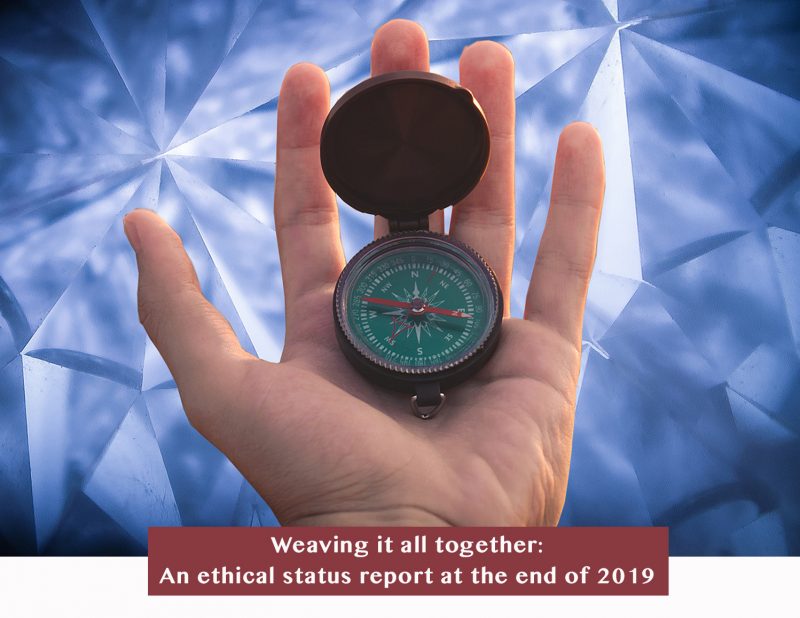OCTOBER 16, 2019
With fewer than five weeks to go to the opening of the 2019 CIBJO Congress in Manama, Bahrain, on November 18, 2019, the sixth of the CIBJO commissions’ Special Reports has been released. Prepared by the CIBJO Ethics Commission, headed by Tiffany Stevens, it covers a variety of topics, including the increasing number of international conventions with which members of the jewellery industry are expected to comply, and recommended processes of disclosure.
“Responsible business standards being applied in the jewellery industry are meshing further and further with those used internationally, and with frameworks that govern other industries around the globe. It is important that jewellery industry companies fully understand their responsibilities under these complex sets of expectations, and they communicate them effectively and directly with their supply-chain partners and ultimately the consumer,” Ms. Steven writes.
“A few key systems to keep in mind include the OECD frameworks, with special attention to the organisation’s Due Diligence Guidance for Responsible Supply Chains of Minerals from Conflict Affected and High-Risk Areas, the UN Sustainable Development Goals, the FTC Jewellery Guides in the United States, ISO standards, the World Diamond Council System of Warranties, and the perhaps-evolving definition of “conflict” under the Kimberly Process,” she continues.
Government scrutiny of the jewellery supply chain’s adherence to ethical business practices is becoming increasingly common, the CIBJO Ethics Commission President notes, citing a recent meeting of jewellery industry leaders with officials of the U.S. State Department, where the industry was counselled to abide with standards for managing risks to women in the minerals, responsible sourcing and jewellery supply chain, as well as complying with Anti-Money Laundering and other measures to prevent malign activity.
Noting that it is the consumers’ right to know how the how their jewellery and its components affected the environment and the lives of people as it journeyed along the supply chain, she states that being forthright, fully descriptive and making all disclosures clear and easy to understand is imperative.
“When seen globally, we have at our disposal an amazingly complex system of frameworks, definitions and semantics,” Ms. Stevens writes. “But as a trade we should aim for the simplest, most direct forms possible when communicating with consumers, and these should be standard in the sales representative’s in-store pitch to a potential customer, on invoices, on social media and online – wherever products are bought and sold.”
To download a full copy of the CIBJO Ethics Commission’s special report, PLEASE CLICK HERE.


